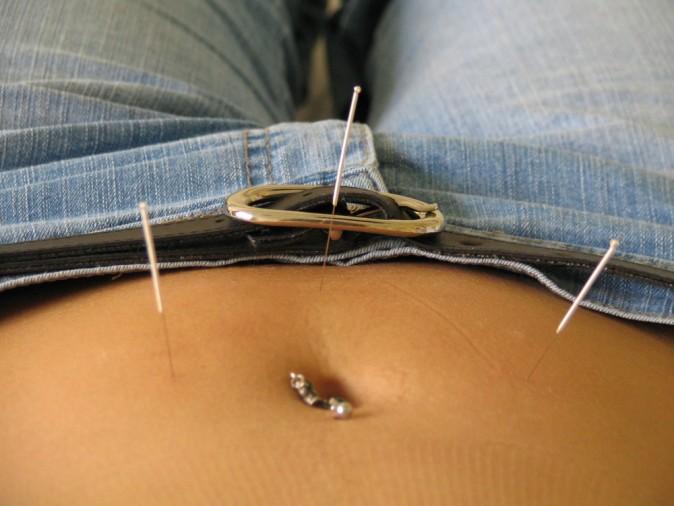Did you know that your head is about 8 percent of your total body mass? The average adult head weighs 8 to 10 pounds. If you have developed poor posture, it effectively increases the weight on your neck even more.
Neck pain is one of the most common complaints that people seek medical treatment for, so common that it has become a figure of speech. We often describe something as a pain in the neck, meaning that it was annoying or unpleasant. The pain can be mild enough as to be a mere annoyance or severe enough that it can adversely affect the quality of one’s life.
The National Center for Health Statistics reported in 2007 that 15 percent of Americans age 18 or older had chronic neck pain. Health expenditures in the United States for back and neck pain rose to more than $80 billion from 2000 to 2008.
The neck is the portion of the spine from the skull to the upper torso and is called the cervical spine. The bones, ligaments, and muscles of the neck support your head and allow for motion.
The cervical discs between the vertebrae absorb shock. Any abnormalities, inflammation, or injury of the structures of the neck can cause pain or stiffness.
Causes
Sudden force such as from a fall, sports injury, or whiplash from a car accident can result in chronic neck pain. Effective treatment soon after such an incident can help you prevent the pain from lasting more than a few days or from becoming chronic.
Recurring neck pain can often be minor. It may be caused by a poorly positioned head during sleep. Did you ever wake up to find that you couldn’t move your head without pain? You may have noticed limited range of motion and a sharp pain or dull ache.
Many people also develop neck pain as a result of the work they do. In addition to work that requires manual labor, our modern technology has become a leading cause of neck and shoulder pain.
Sitting in a static position, hunched over your computer or bending your head down while texting on your cell phone, causes tension in your neck, shoulders, and upper back.
I often remind my patients to get up to stretch and move every 30 minutes or so. Setting an alarm on your phone can be helpful as a reminder. It is so easy to lose track of time when you are browsing the Web, working, emailing, or texting. While you are up, take a drink of water also. Dehydration only adds to the tension in the muscles.
Treatment
Conventional medical treatment generally consists of over-the-counter pain relievers or stronger prescription pain medications and physical therapy.
Many studies in recent years support the effectiveness of acupuncture to treat neck pain. It has important clinical treatment benefits, is noninvasive, and has been used for several thousand years.
A licensed acupuncturist will often view the problem as an excess, deficiency, or stasis of the energy, or Qi, and blood in the channels, which can contribute to chronic neck pain. The nature of an individual’s case is determined after a complete examination and evaluation.
The treatment focuses on relief of your symptoms but also the underlying causes and imbalances in your system. This approach results in a better response to the treatment and helps you continue to feel well longer.
Care in my office will most often consist of some combination of appropriate acupuncture treatment styles, Chinese medical massage called tuina, infra-red heat therapy, cupping, moxibustion, or Chinese herbal formulas as well as suggested stretching or Qigong exercises.
Many people think of going for a massage for temporary relief of chronic neck pain. German and Swedish researchers determined that acupuncture actually provides greater, longer-lasting relief and increased range of motion than common massage techniques.
Most of my patients think of me as part of their health care team, working along with their other providers such as physicians, chiropractors, or massage therapists. I may suggest a diagnostic test by your doctor if necessary. My goal is to help you feel better faster and reach a better level of health in the future using the natural approach of acupuncture and Chinese medicine.
Cindy E. Levitz, M.S., L.Ac., is a Diplomate in Oriental Medicine, NCCAOM. She has been in private practice since 1996. Her specialties are stress, anxiety, and pain reduction and women’s health issues. Complimentary consultation: www.AcupunctureAndHealth.com
Doctor putting acupuncture needles in woman’s shoulder via Shutterstock



